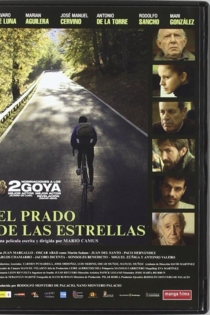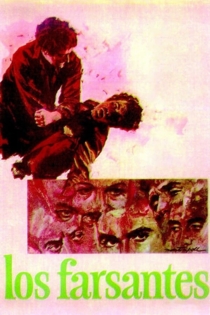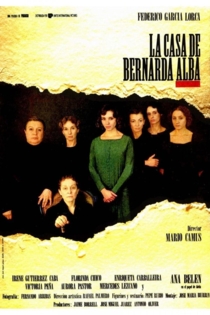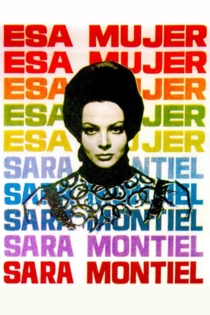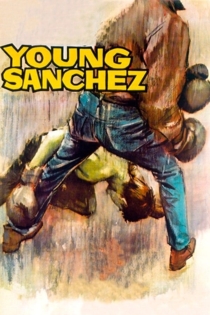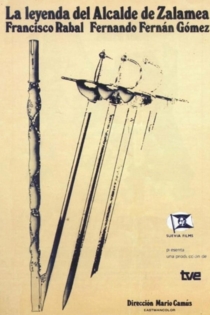
Mario Camus
1935 (90 лет)Camus's filmography combines films made with others with a more personal style, where he tells stories closer to him that let him go through less worn themes. That is the case of Con el viento solano (1966), Los pájaros de Baden-Baden (1975) or Los días del pasado (1977).
In the 90s he continued working with great actors and telling dramatic stories made up from complex characters living rebel or broken lives, or entering other genres like noir. Examples of this stage are La rusa (1987), Después del sueño (1992), Sombras en una batalla (1993) and Adosados (1996), a film which won the International Critic Award.
He was married to Concha Bergareche from 1961 - 2016, date of her death. They had 7 children.
- IMDb Mini Biography By: Miguel Ángel Díaz González
The Holy Innocents
Mario Camus
Alfredo Landa, Terele Pávez
Somewhere in the spanish country, in the 60s. Paco and his wife Régula are very poor. They work as tenant farmers for a very wealthy landowner. They have 3 children. One is backward. The others can not got to school because the master "needs" their work. When Regula's brother is fired from where he has worked for 61 years, he settles down at their little place... An attack against the archaism of the spanish country of the 60s.
The Holy Innocents
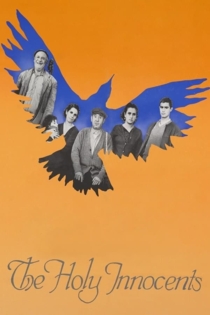
Mañana podría estar muerto
Juako Escaso
Román Ariznavarreta, Mario Camus
No blood, no money! Fights, acrobatics, jumps and death were the daily routine of the "old school" Spanish stuntmen and their coordinators. Their profession did put a price on their lives: the higher the risk, the higher the reward.
Mañana podría estar muerto
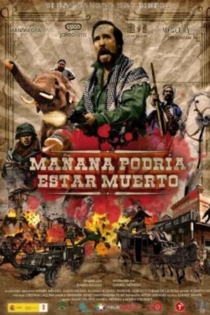
La colmena
Mario Camus
Ana Belén, Concha Velasco
As in the novel of the same title from Camilo Jose Cela, "La Colmena" is a sad composition with the stories of many people in the Madrid of 1942, just the postwar of the spanish civil war. The main theme of the film is the contrast between the poets, surviving close to misery under the Franco's regime, and the winners of the war, the emerging class of the people that makes easy money with illegal business.
The Beehive
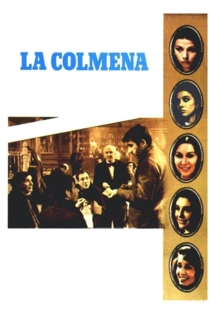
When You Are Not Here
Mario Camus
Raphael, María José Alfonso
The film is slightly autobiographical, Raphael is trying to find fame and fortune as a popular singer in Spain until he teams up with an up and coming Spanish composer which helps him become a popular singer in Spain.
When You Are Not Here
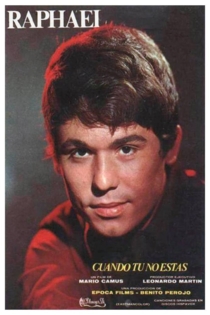
Los días del pasado
Mario Camus
Marisol, Antonio Gades
A woman arrives in town to work as a teacher. It is the time of the 'maquis', the anti-Franco guerrilla that fights with little hope in some regions of Spain just after the end of the civil war. She has a love affair with one of the guerrillas, but their relationship will have an impossible future because of the past.
Los días del pasado
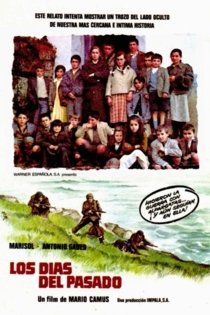
Con el viento solano
Mario Camus
Antonio Gades, María José Alfonso
The life of Sebastián (Antonio Gades), a 28-year-old gypsy, changes drastically after he kills a man. From that moment, he must flee, experiencing the torments of loneliness, guilt, and the rejection of his people.
With the East Wind
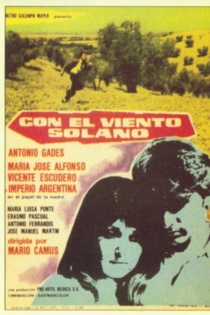
El color de las nubes
Mario Camus
Julia Gutiérrez Caba, Ana Duato
Clementina befriends Lola’s nerdy lawyer, Valerio, and slowly a romance develops between them. Meanwhile, old fisherman and model-maker Colo has found a consignment of drugs floating in the sea and tries to get rid of them to raise money to save Lola’s house. The adventure element of pic is in a smuggling gang’s attempt to recover the drugs.
The Color of the Clouds
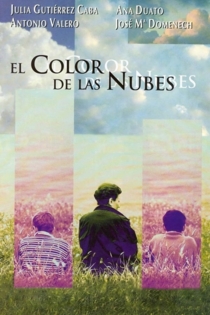
Sombras en una batalla
Mario Camus
Carmen Maura, Joaquim de Almeida
Ana, a former member of the Basque terrorist group ETA who lives in a small village near the Portuguese border working as a veterinarian and sharing her days with her partner Darío and their daughter Amalia, meets José, an attractive man who participated in the dirty anti-terrorist war against ETA criminals who took refuge in France.
Shadows in a Conflict
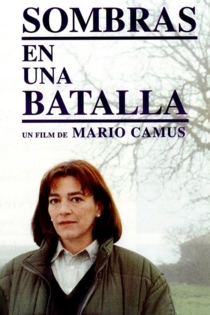
El prado de las estrellas
Mario Camus
Óscar Abad, Marián Aguilera
Alfonso is a retiree who visits Nanda, an elderly woman who was like his mother when he was orphaned, at a residence where Luisa, a young social worker, works. One morning, collecting snails in the Prado de las Estrellas, Alfonso meets a young man who emerges from the mist on his bike. Thereafter a friendship is born between the old master and the promising young cyclist. Alfonso, supported by his friends, without equipment or sponsors, will make a great champion from Martin, and most importantly, a great guy.
El prado de las estrellas
